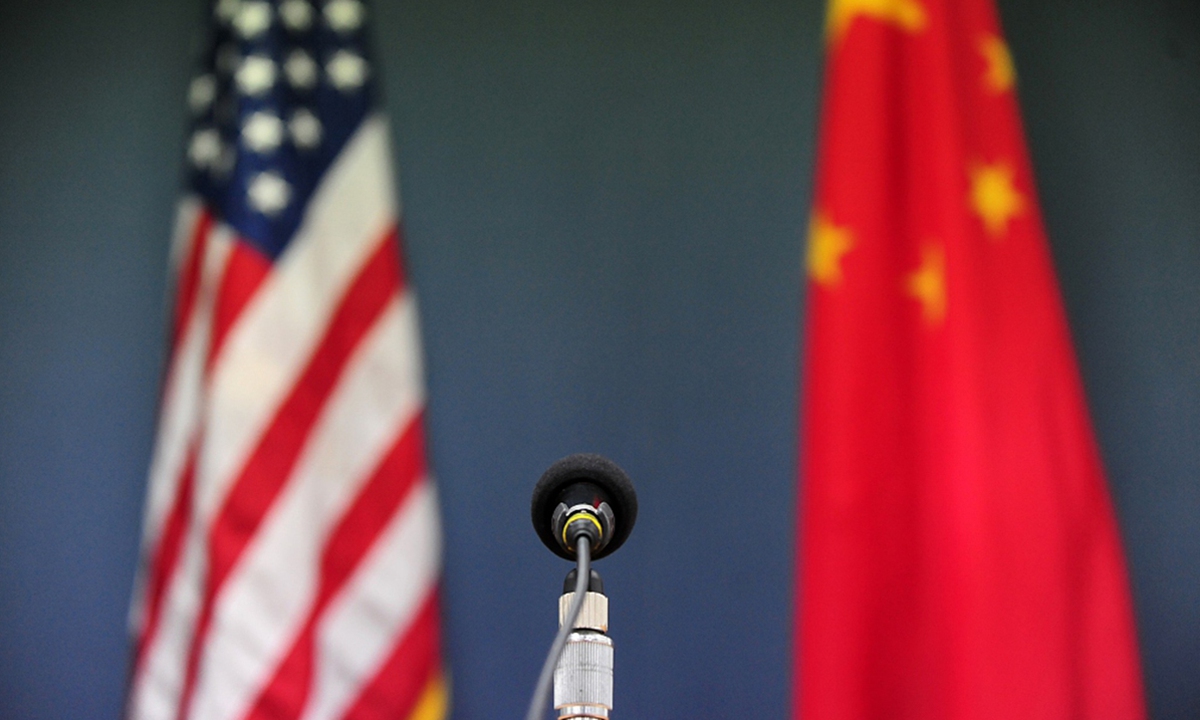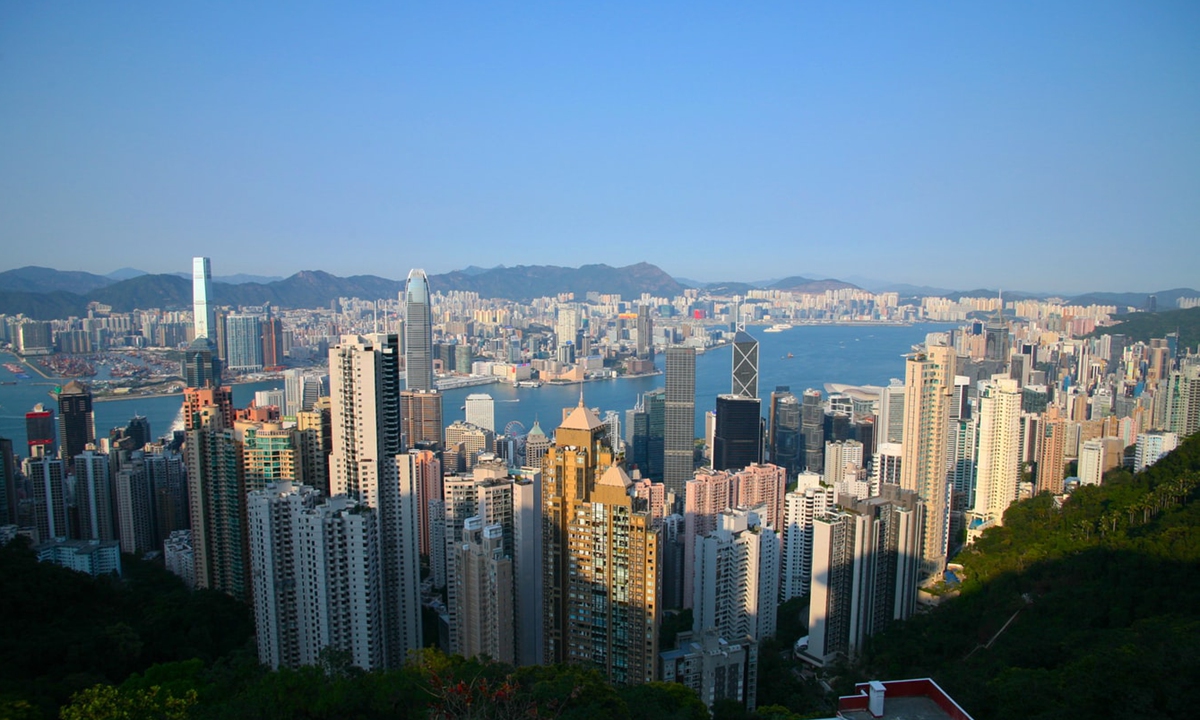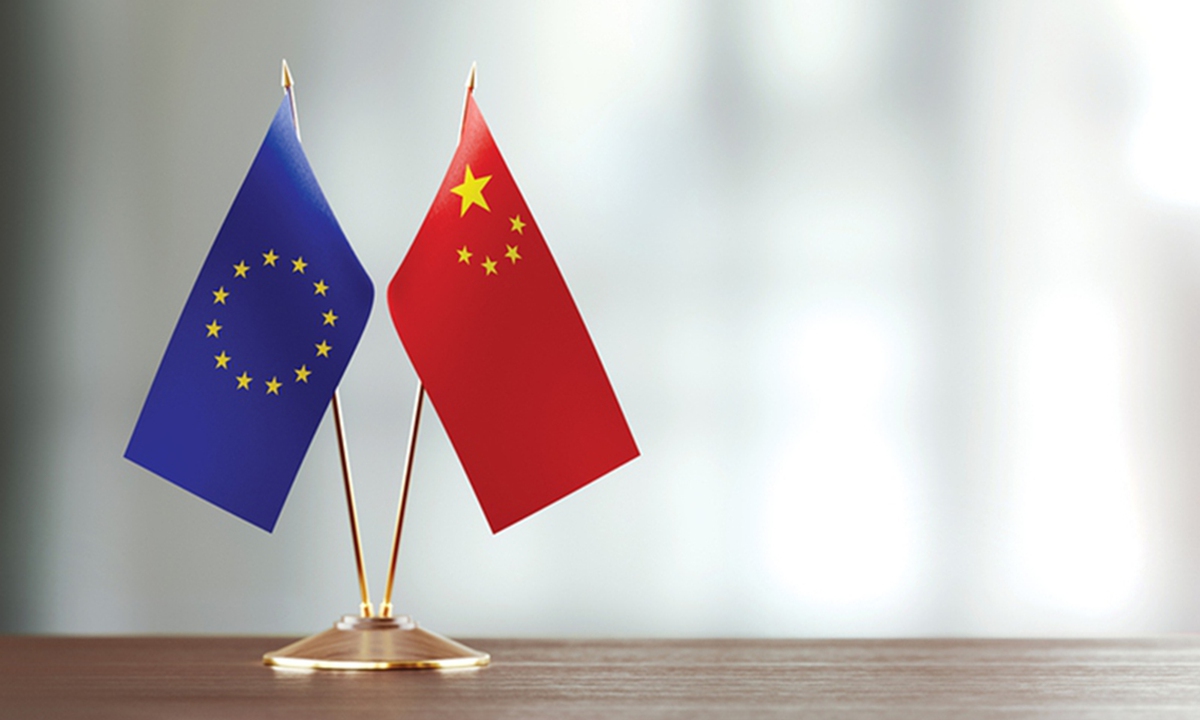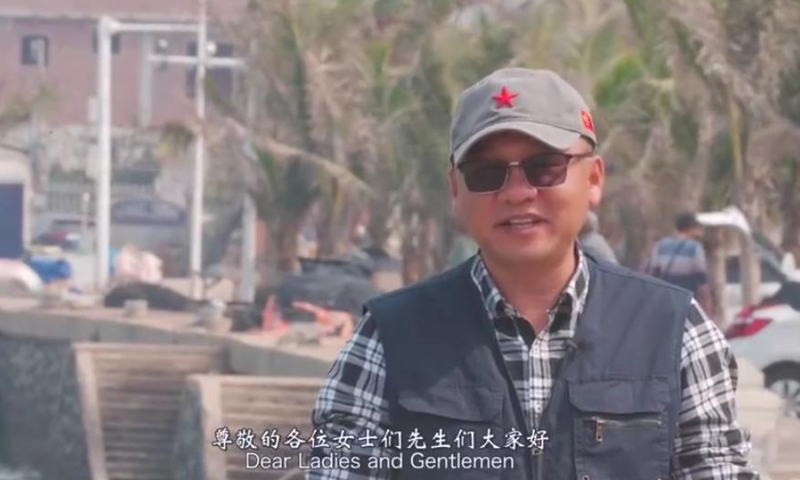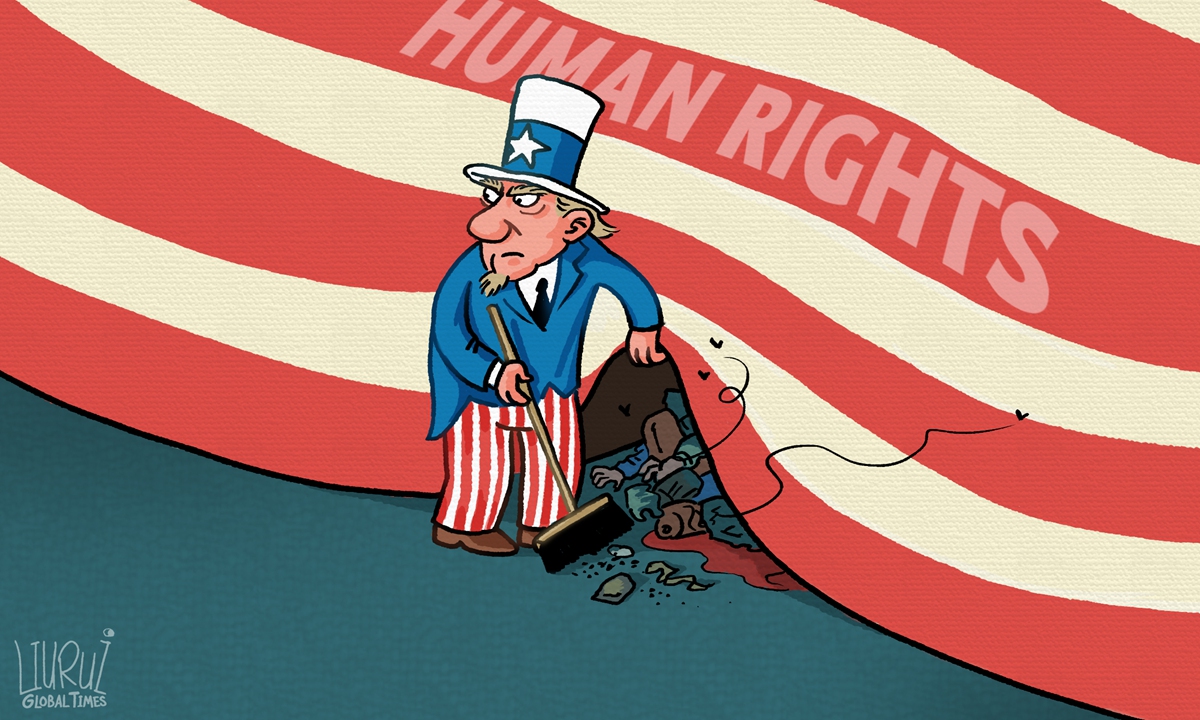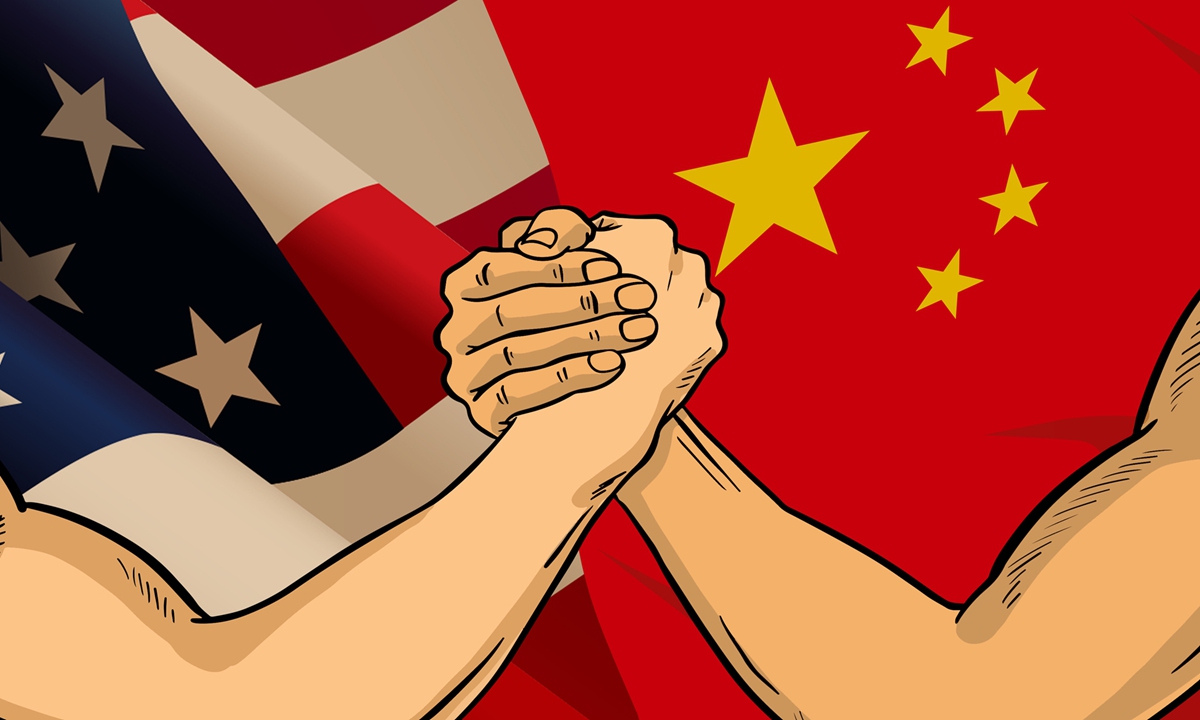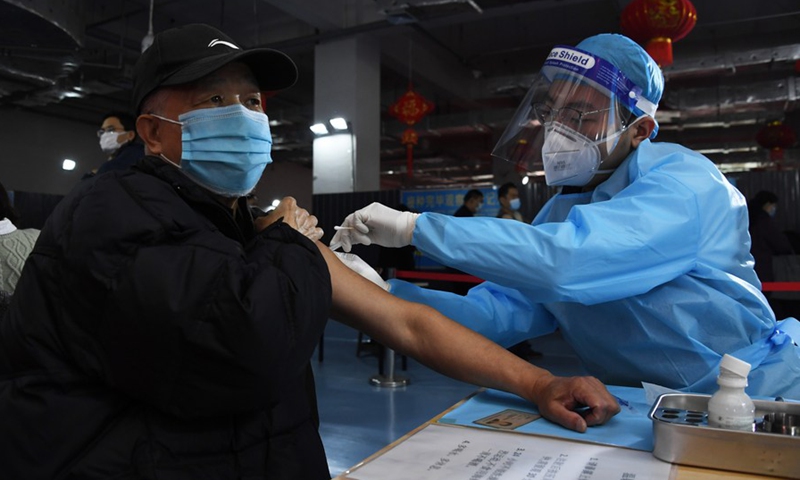Volunteers travel to isle to save abandoned dogs from hunger and thirst
OVER the loud rumbling of the fishing boat engine, excited barking can be heard from Pulau Gazumbo, a small uninhabited island between Penang island and mainland.
Five beautiful dogs emerge from the shade, running all the way into the water to greet the visitors.
Alone and trapped on the island with no food resources or clean water, the dogs are skinny and completely reliant on the help of local fishermen who stop to drop off food about once in 20 days.
It is believed that in total, there are 13 canines – six matured and seven puppies – but how the dogs ended up on the tiny island remains a mystery.
News of the abandoned dogs reached the ears of independent animal rescuers about two weeks ago who decided that something needed to be done.
Requests to authorities faltered as officially, Pulau Gazumbo (believed to be an island created in the early 1980s during the construction of the first Penang Bridge either by the changing of currents or by excess building materials) is under no one’s jurisdiction.
“We have heard that the dogs have been there for more than six months and the puppies look to be about two months old, ” said animal activist David Yim.
Not wanting to delay help any longer, Yim engaged a fishing boat to bring a group of rescuers to the island last week.
“We were scheduled to go on Friday but unfortunately, the fishing boat broke down on Thursday night.
There are about four to five fishermen who help the dogs when they can.
On Saturday, some of them announced that they were free in the afternoon and went on their own to try and rescue the dogs.
They managed to bring six puppies back to Penang island, ” Yim told The Star.

Without any steady source of food or drinking water, abandoned dogs on Pulau Gazumbo are extremely thin. They are sometimes fed by passing fishermen.
Alerted of their arrival by Yim, Penang Island City Council (MBPP) councillor Connie Tan, who heads the council’s Stray and Abandoned Dog Sub-committee, sent officers to receive the dogs.
“Under a collaboration with the International Aid for the Protection & Welfare of Animals (IAPWA) Penang in 2017, MBPP conducts ‘TNR’, which means ‘Trap-Neuter-Release/Rehome’.
“We first take the dogs to our veterinary unit in Jalan Sungai and after they are checked, IAPWA takes them to be neutered and hopefully, rehomed, ” Tan said.
The six rescued puppies, which IAPWA estimates to be from six to eight weeks old, are currently up for adoption.
Tan said although the area was out of their jurisdiction, the council is aiding the rescue team with cages and tools to help them capture the remaining dogs.
Two of the rescued puppies now placed in a temporary home at the MBPP’s veterinary unit in Jalan Sungai.
Yim and a small team proceeded to Pulau Gazumbo on Sunday, lugging 40kg of kibble, over 14kg of canned food and 26 litres of drinking water for the trapped animals.
On the desert island, they discovered how hot conditions are despite the splattering of greenery that survives there.
They also learned something else – how fast a scared puppy can run.
“When you look at the island from Penang Bridge, it looks small.
“But when you are running after a puppy under the sun, the area feels very big, ” Yim said, adding that the team failed in their goal of capturing the last puppy.
Undaunted, the team is set to try again today, setting off from Karpal Singh Drive.

A rescuer pouring food on a plastic sheet to feed the dogs on the isle.A rescuer pouring food on a plastic sheet to feed the dogs on the isle.
“We need to go with the fishermen because the dogs are familiar with them.
“So far, we have managed to collect donations for the food that cost about RM1,200 which we estimate to be able to last about a month, if it doesn’t rain, ” Yim said.
He added that all the fishermen journeyed to the island at their own expenses out of their concern for the stray dogs.
“We don’t know how long it will take to capture all the dogs but our first priority is to rescue the last puppy and the mother dog.
“She is the only female dog on the island and it’s important to get her spayed, ” Yim said.
Information on how to sponsor vaccinations and neutering for stray and abandoned dogs can be found on IAPWA Penang’s Facebook page.
Related posts:
Stray dog sensation in China!
Stray dog becomes a sensation in China after following ...
Pooch and prejudice: years of the Dog 2018 and Pig 2019

No dog until neighbours agree

Deadly Rabies in Dogs Alert !
Basics of palliative care
What to expect in the Year of the Ox










